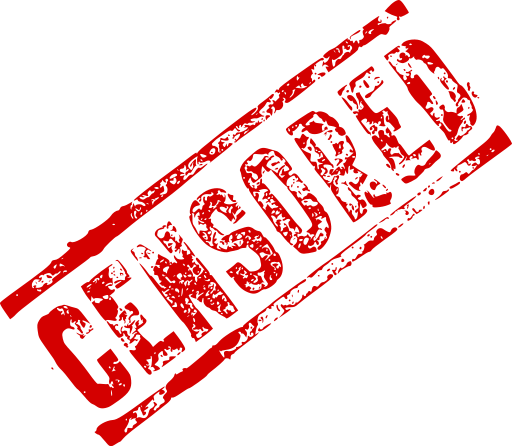
Elon Musk and other Very Special Important Wealthy People want to use “your” airports, “your” airspace, and “your” air traffic control systems, but don’t want you and your fellow smelly peasants to know the details.
Per Axios, the VSIWP class has contrived — probably through lobbyists, although direct whispers or even outright bribes to their friends on Capitol Hill aren’t unthinkable — to get their desire included in the Federal Aviation Administration “reauthorization” bill now before Congress. Per the quietly inserted new provision, the FAA would have to establish a special process to help private jet owners hide their comings and goings from the hoi polloi.
Why the desire for secrecy? Musk considers public knowledge of his jet’s comings, goings, and locations to be “basically assassination coordinates,” a “security risk.” “I don’t love the idea of being shot by a nutcase,” he told the owner of Twitter account @ElonJet, a bot which tracked his jet, in early 2022.
But if such a security risk exists, it’s just as applicable to every commercial air passenger as it is to a private jet owner. Maybe even more so.
Suppose that on Friday, August 11, you boarded Delta Air Lines Flight 308 at New York’s JFK airport, bound for Los Angeles. Every would-be terrorist in the world knew — or at least COULD know, via various flight tracking web sites — that your flight was scheduled to taxi out for takeoff at 10:15pm Eastern time and land at 1:15am Pacific time. He or she could even track your flight’s progress in a real time on a handy-dandy map for ease of picking “assassination coordinates.”
Why? Because the use of “your” airports, “your” airspace,” and “your” air traffic control systems are matters of public record.
About those scare quotes:
Libertarians and anarchists like me come up against the problem of how a free society would deal with the property status of airspace. Do you own the air over your homestead? If so, are you entitled to buy yourself a Stinger missile and shoot down any trespassing planes?
I don’t profess to have good answers for such questions, but the government’s answer, way back when, was to declare airspace above a certain altitude effectively “public” — that is, your — property, and establish an agency (the FAA) which directs traffic through that airspace in your name. Which, in turn, makes all of that your business.
Whether that’s a good way or a bad way of doing things, there’s no good argument for an exception to it in the case of Very Special Important Wealthy People.
In point of fact, we regular folk who travel on the 84% of flights the FAA designates “commercial” pay 98% of the taxes that fund the FAA. “Private” jet operators, responsible for the other 16% of flights, pay about 2%.
They want us to subsidize them AND be barred from knowing where those subsidies are going.
Oh, the poor dears. Next time I fly, I’ll bring the world’s smallest violin along in my carry-on to play a sad song commemorating their plight.
Thomas L. Knapp (Twitter: @thomaslknapp) is director and senior news analyst at the William Lloyd Garrison Center for Libertarian Advocacy Journalism (thegarrisoncenter.org). He lives and works in north central Florida.
PUBLICATION/CITATION HISTORY


